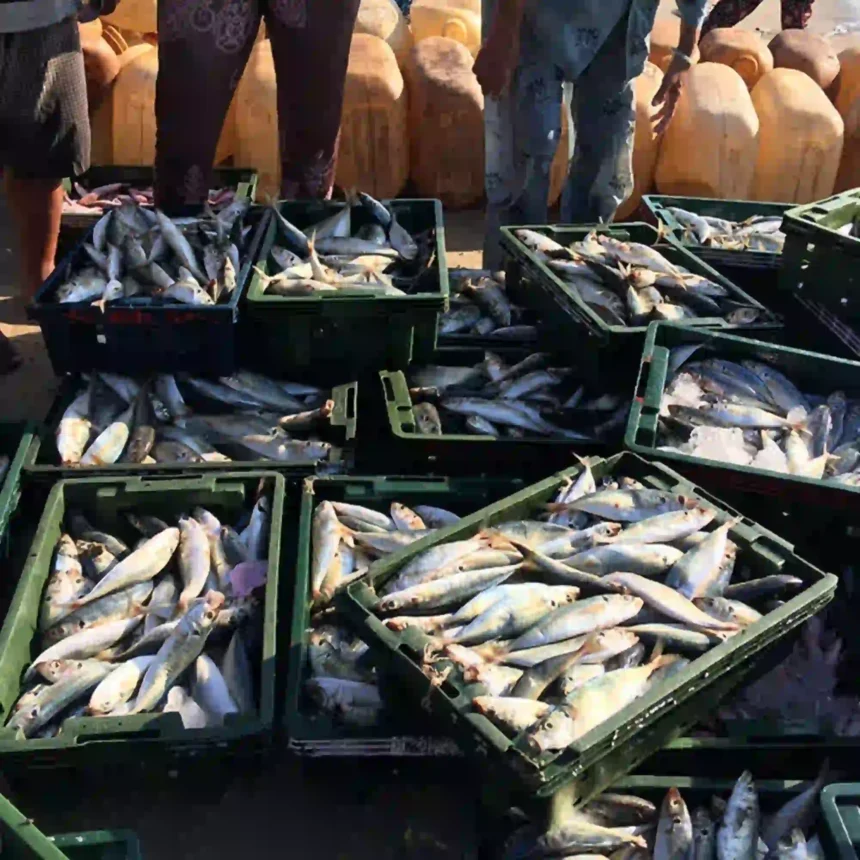The WTO Fisheries Subsidies Agreement has taken effect with support from 112 nations, marking the first multilateral environmental pact in the organization’s history. The deal requires countries to cut harmful subsidies that drive illegal fishing and overexploitation of marine stocks, a step experts say is vital for ocean sustainability but only the beginning of deeper reforms.
Historic Milestone for Ocean Sustainability
The World Trade Organization’s Fisheries Subsidies Agreement represents a breakthrough in multilateral cooperation. For the first time, nations are legally bound to reduce subsidies that contribute to overfishing and illegal practices. With fish stocks declining globally, the agreement is being hailed as a major environmental success.
How the Agreement Works
The deal bans subsidies that:
- Support illegal, unreported, and unregulated fishing
- Fuel fishing in overexploited waters without recovery plans
- Encourage fishing on unregulated high seas
According to the WTO, harmful subsidies worth $22 billion annually push fleets to expand unsustainably, threatening nearly 40% of global fish stocks.
Global Support and Political Momentum
A total of 112 countries, including major players like the US, EU, and China, have ratified the pact. Recent signatories such as Brazil, Kenya, Tonga, and Vietnam helped the deal cross the two-thirds threshold required for enforcement.
Who Hasn’t Signed Yet
Notably, India and Indonesia have not yet ratified the agreement, citing concerns over its impact on local fishing communities. Experts warn that without full participation, loopholes may weaken enforcement.
Experts Weigh In on the Agreement
Conservationists welcomed the move but emphasized the urgency of further action.
- Rashid Sumaila, University of British Columbia: “Without fish, it’s game over for the hundreds of millions who depend on the ocean.”
- Oceana representatives noted that while this is a major milestone, the pact only tackles part of the problem.
The Road Ahead: Phase Two Negotiations
Currently, only the first phase (Fish 1) is active, targeting subsidies tied directly to unsustainable fishing. The second phase (Fish 2), addressing subsidies for shipbuilding and fleet overcapacity, remains under negotiation.
If WTO members fail to agree on Fish 2 within four years, the entire pact could collapse, raising fears of lost momentum.
Balancing Sustainability and Development
Analysts say the success of the agreement depends on:
- Full implementation and transparency
- Support for developing nations via the WTO Fish Fund
- Clear monitoring to ensure subsidies are truly reduced
This balance is critical, as millions of coastal communities depend on fishing for survival while global demand continues to rise.














